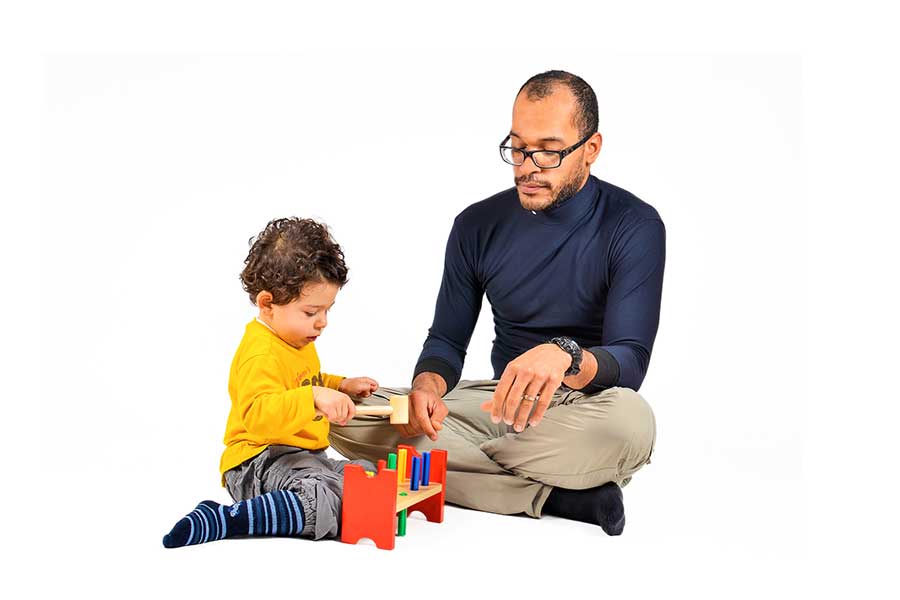Autism Diagnostic Observation Schedule (ADOS) and ADOS-2
ADOS, and ADOS-2 with the newly added toddler module, are the most important and reliable methods for Autism Spectrum Disorder evaluation.
The reliability and validity of ADOS and ADOS-2 lie at the standard “presses” used during the observation. ADOS and ADOS-2 provide a “natural” observation opportunity to the observer. This is very critical for diagnosis and differential diagnosis of particularly milder cases with earlier onset.
ADOS includes 4 modules; selection of the appropriate module depends on the level of language development of the child. ADOS-2 also involves a toddler module, which makes observation of very young children possible. ADOS make observation of the case in a social interaction setting as close to real as possible. Observation takes 45 to 60 minutes. Scoring takes additional 15-20 minutes.
The combination of standard activities, social interactions and games in a natural setting provides uniqueness of ADOS. This is vital for valid and reliable diagnostic work-up of ASD, which is an extremely heterogeneous disorder. Modules 3 and 4 are designed for adolescents and adults. This is another unique aspect of ADOS.
Combination of ADOS and Autism Diagnostic Interview-Revised (ADI-R) findings forms the golden standard for autism spectrum disorder diagnosis.
Like the ADI-R, ADOS training is not available in Turkey at the moment. Research and clinical certificates can be obtained after training in USA or UK. Substantial clinical experience is necessary for correct and reliable application of ADOS, therefore, it must be used only by qualified and trained professionals.

Autism Diagnostic Interview-Revised (ADI-R)
ADI-R is a specific interview developed for diagnosis of Autism Spectrum Disorders (ASD). All aspects of ASD are evaluated comprehensively during ADI-R, which takes 2,5 to 3 hours. ADI-R interview is conducted with parents (or other primary care-givers) of the case.
ADI-R begins with evaluation of background information (family history, medical history, loss of abilities). This is followed by evaluation of language and communication abilities; social development and play; favorite activities and toys; behaviors and interests; general behaviors and special talents.
The interview is concluded with comparison of general evaluation, descriptions of the informant and observer impressions.
In ADI-R, both current level of symptoms and functioning and symptoms when the case was 4 to 5 years old, which are very important for diagnosis. Combination of the ADI-R and the ADOS is the golden standard for Autism Spectrum Disorder diagnosis.
As with ADOS, ADI-R training is not available in Turkey. Research and clinical certificates are usually obtained in US or UK based trainings. ADI-R provides the most detailed information on ASD symptoms from the caregivers.

